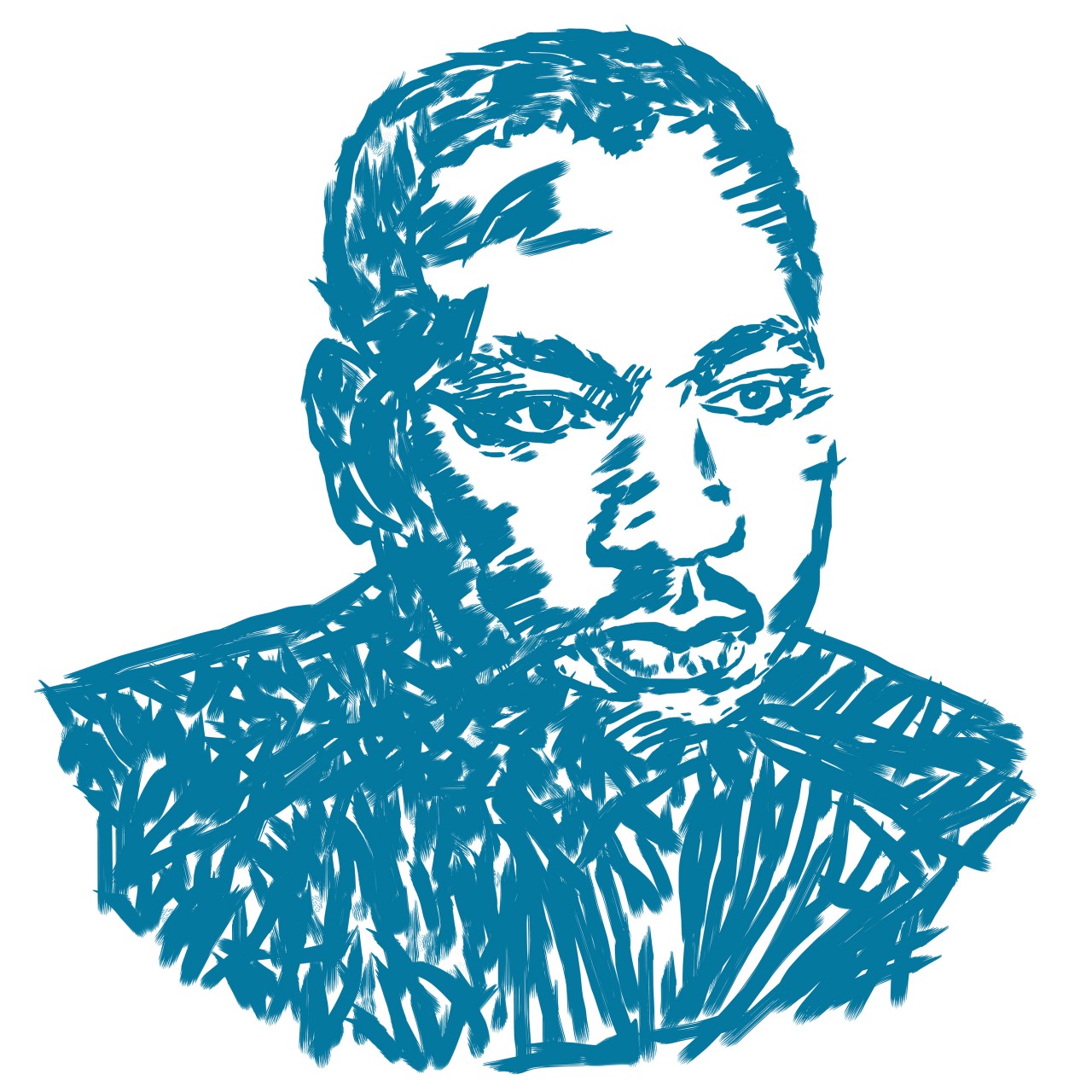NASHVILLE (BP)—When a white supremacist gunned down nine black worshipers at Mother Emanuel Church in Charleston, S.C., mission catalyst Bob Lawler knew he had to say something to the Baptist association he led in northern California.
So Lawler gathered the association’s 48 ethnically diverse churches for a joint worship service. When he stood to preach, Lawler harkened to the words of Martin Luther King Jr.
“In the ‘I Have a Dream’ speech,” Lawler recalled telling the Redwood Empire Baptist Association, “not only did (King) say, ‘I have a dream. I have a dream.’ He also said, ‘with this faith'” repeatedly, “reminding us that it’s not just a humanitarian effort” to effect racial reconciliation. “It’s an effort based on the Gospel.”
Lawler drew that King insight, he said, from his studies at Gateway Seminary.
It’s a feature of ministry training all six Southern Baptist Convention seminaries are seeking to replicate: teaching King as a model for all students’ ministries, not just as a key figure in African American history.
Before earning a master of divinity at Gateway (then Golden Gate Seminary) in 1991, “I understood him to be kind of a black hero for the black community,” said Lawler, who is white. “The time at seminary… helped me to understand” that “he was a Christian hero for humanity.”
Today, SBC seminaries are seeking to determine whether the treatment of King in their curricula is sufficiently robust to continue inspiring ministry like Lawler’s.
Studied and ‘celebrated’
Leroy Gainey, J.M. Frost Professor of Educational Leadership at Gateway, said every Christian minister needs to know about King.
“At least during my lifetime, there is no greater Christian or Baptist leader that I can see than Martin Luther King,” Gainey said, noting King also had sins and flaws, some potentially serious. “We tend to emphasize his civil rights movement, but he was an awesome preacher, an awesome Christian educator, an awesome pastor.”
During Gainey’s 32 years at Gateway, he said, King has been studied as an example in required courses on leadership, preaching and Bible teaching.
“There were several instances where (students) had their first contact with an African American professor and their first contact with an African American leader in Dr. King,” said Gainey, the second African American to join any SBC seminary faculty.
Other SBC seminaries told Baptist Press how they too include King in their core classes:
- At Midwestern Seminary, King “is celebrated” and “his life and contribution is taught, at the master’s level, in our church history and Baptist history classes,” provost Jason Duesing said in an email. “In Baptist history, for example, I classify him as one of seven ‘chief theologians’ in the Baptist tradition, particularly for his contribution as representative of the African American Baptist tradition (1845-1968) and advocacy for civil rights. As such, he is the feature of a lecture on this topic and students read selections from his writings and are encouraged to do further research and reading.”
- At New Orleans Seminary, a required master’s-level course on Baptist heritage studies King “in more depth” as one of Baptists’ “notable pastors,” Church history and Baptist studies professor Lloyd Harsch said via email. King also is covered in an undergraduate class on SBC life, the seminary reported.
- At Southeastern Seminary, King is incorporated into courses on church history, ethics, pastoral ministry and public theology, the seminary said, with an emphasis on King “as fundamentally a Baptist preacher.”
- At Southern Seminary, where King spoke in 1961, he “is covered in a number of classes ranging from church history to Christian ethics,” the seminary said.
- At Southwestern Baptist Theological Seminary, King is covered in, among other courses, a class on the Bible and race and another on the Bible and moral issues, the seminary said. King’s famous speeches and writings, as well as his practice of civil disobedience, draw focused study.
‘An example’
Walter Strickland, Southeastern’s associate vice president for diversity, said seminary students must come to understand King primarily as a pastor who “was going to deacons meetings and preaching and doing hospital visits all throughout the civil rights movement.” Amid his pastoral ministry, King brought “biblical authority” to bear on a range of subjects.
Some mischaracterize King’s theological perspective based on papers he wrote in college during a phase of questioning “his father’s faith,” Strickland said. But King “returned to the authority of Scripture” and a belief the Bible “is the Word of God.”
Southeastern seeks to help ministry students model King’s reliance on Scripture when they address issues in the culture and in their personal lives, said Strickland, a two-time Southeastern graduate. Studying King has helped Strickland in both regards.
Personally, reading King’s response to the threats of white supremacists has helped Strickland with his own “bouts with worry,” he said. King’s frequent allusions to Scripture in speeches have helped Strickland as he speaks on race in secular settings, including university campuses.
“I’m having opportunities to speak in largely non-Christian environments,” Strickland said. King “is very helpful for me as an example of how to harken back to the best of the Christian tradition while engaging a contemporary issue.” He “gives me some boldness.”





